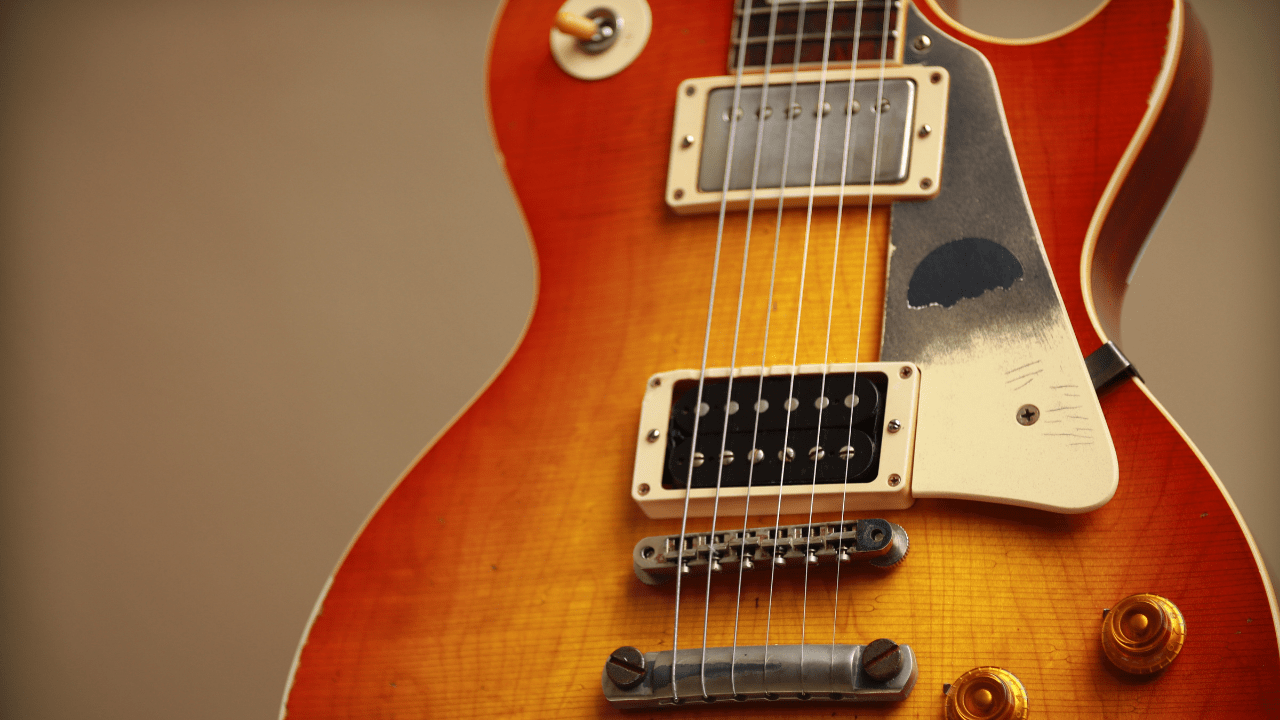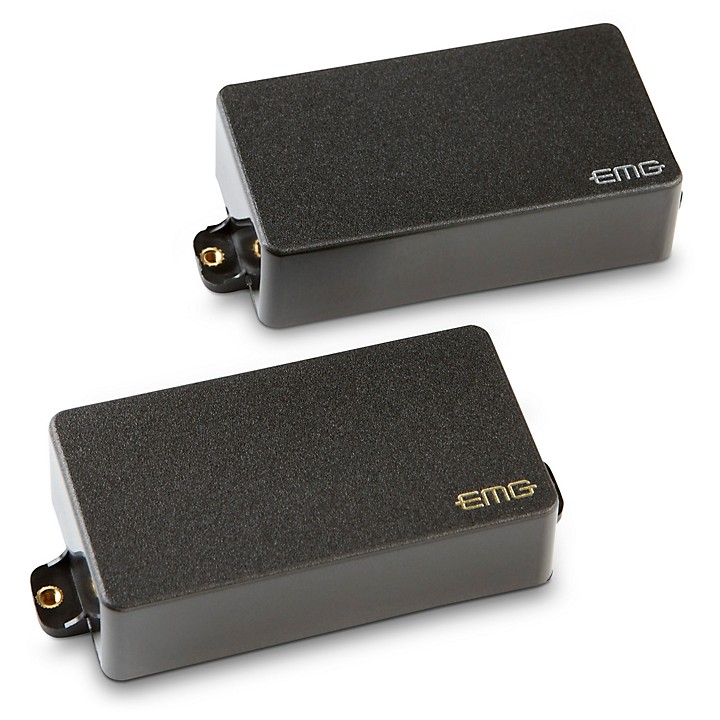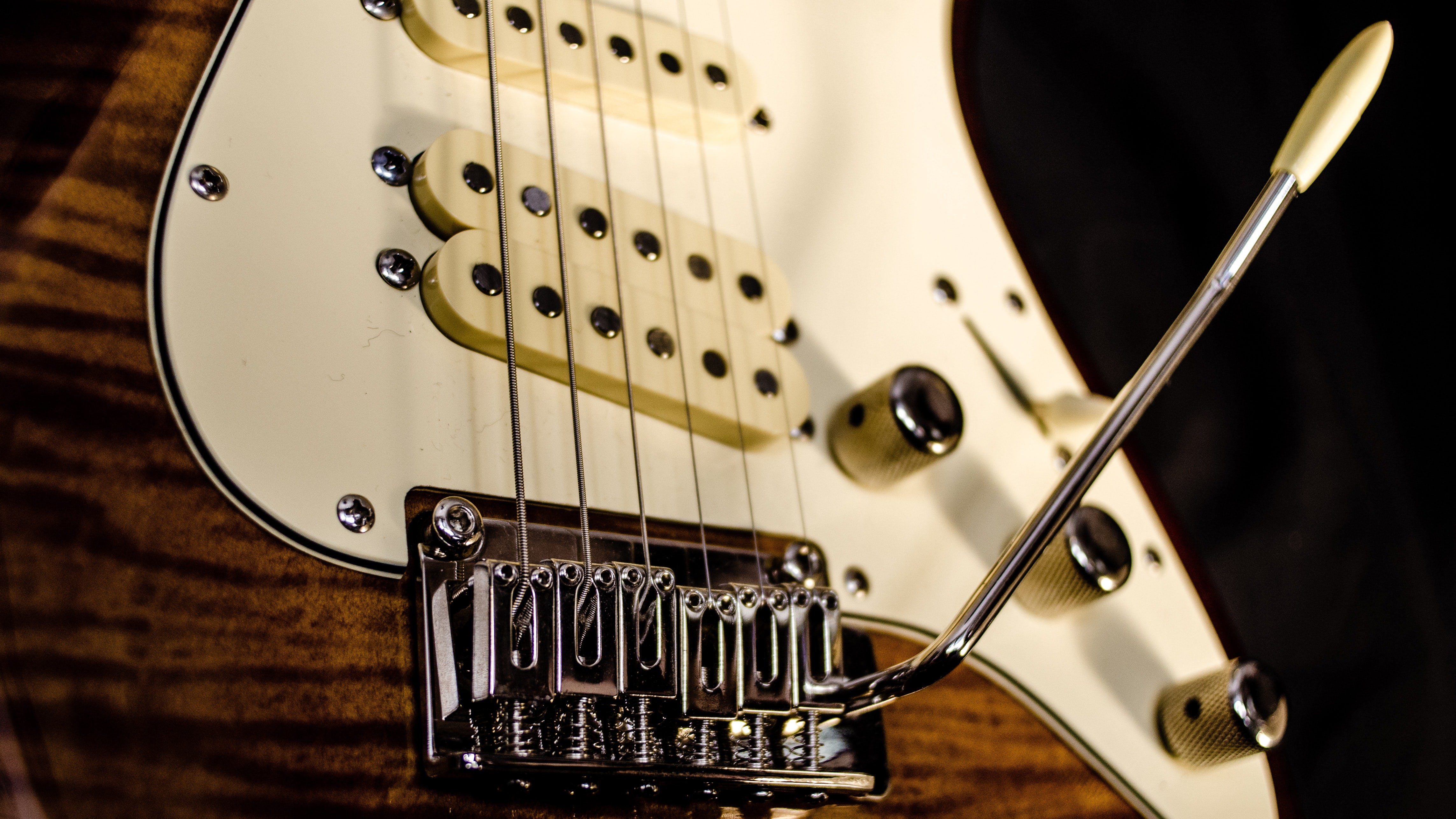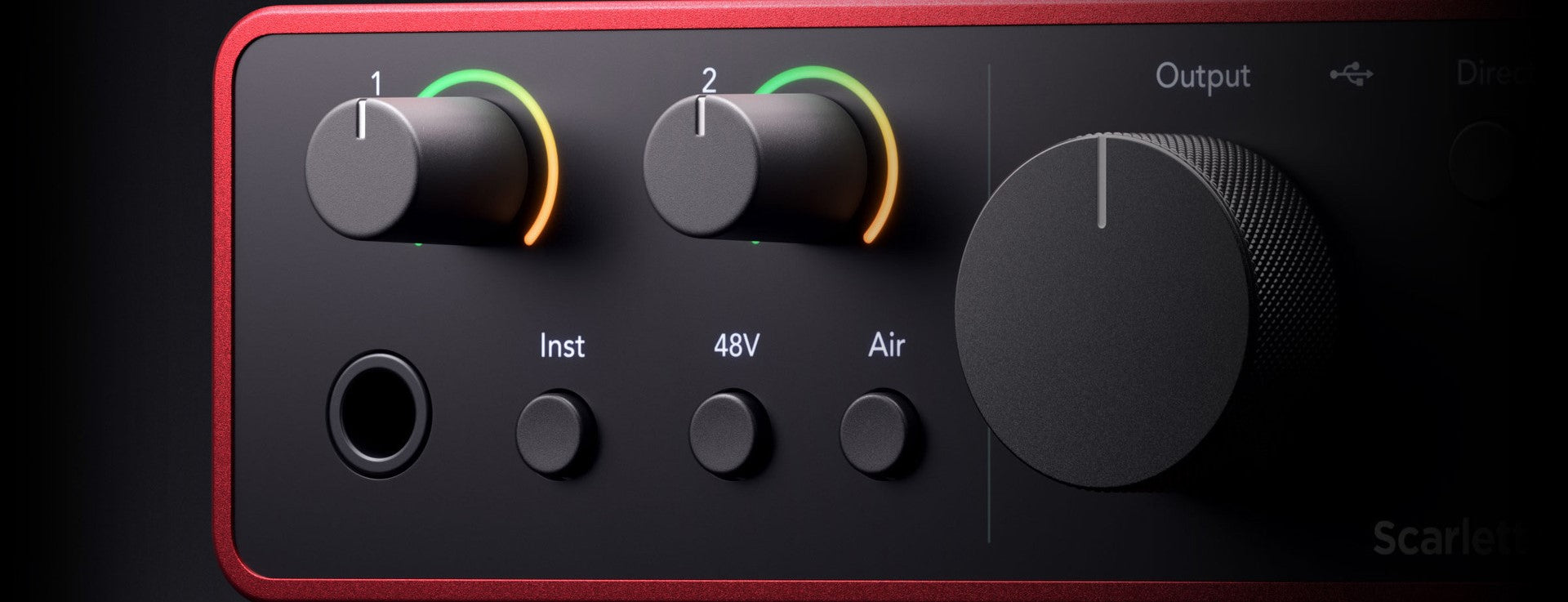Understanding Guitar Pickups: A Guide to the Different Types
Guitar pickups are an essential component of an electric guitar's sound. They work by sensing the vibrations of the strings and converting them into an electrical signal that can be amplified and heard through an amplifier. There are several different types of pickups, each with their own unique characteristics and tonal qualities.
Single-Coil Pickups
Single-coil pickups are a type of electric guitar pickup that have been around since the early days of electric guitars. They are made up of a single coil of wire wrapped around a magnet, and are known for their bright, clear tone. The simplicity of their design makes them relatively easy to manufacture, and they are still among the most common type of guitar pickup today.
Single-coil pickups have a distinctive sound that is well-suited to genres like rock, blues, and country music. They are known for their clear, bright tone, which emphasizes the upper frequencies of the guitar's sound. This can make single-coil pickups particularly effective for playing lead guitar lines or for adding a shimmering quality to rhythm guitar parts.
However, single-coil pickups are also known for their tendency to pick up unwanted noise, such as electrical hum or radio interference. This can be particularly problematic in live performance settings, where the noise can be amplified along with the guitar's sound. To combat this issue, some guitarists use noise-cancelling pickups, which use a second coil to cancel out the unwanted noise.
Despite their drawbacks, single-coil pickups remain a popular choice among guitarists for their unique and versatile sound. They have been used by some of the most influential guitarists in history, including Jimi Hendrix, Eric Clapton, and Jeff Beck, and continue to be a staple of electric guitar tone today.
Humbucker Pickups
Humbucker pickups were developed in the 1950s as a way to address the issue of unwanted hum that single-coil pickups can produce. They were invented by Seth Lover, an engineer at Gibson, who wanted to create a pickup that could provide the clarity and brightness of a single-coil pickup, but without the noise issues.
Humbucker pickups are so named because they "buck the hum" by using two coils of wire instead of one. The coils are wound in opposite directions, which cancels out the hum caused by electromagnetic interference. The result is a pickup that has a warm, thick tone that is well-suited for genres like heavy metal and hard rock.
In addition to their noise-cancelling capabilities, humbucker pickups are also known for their high output and sustain. They are particularly effective at producing a thick, chunky sound that can cut through a mix, making them a popular choice for lead guitarists.
Gibson-style guitars are typically equipped with two humbucker pickups, one at the bridge position and one at the neck position. This configuration allows for a wide range of tonal possibilities, from thick, heavy rhythm guitar parts to searing lead solos. Some other guitar models may feature just one humbucker pickup, often in the bridge position, which can provide a powerful, focused tone.
Overall, humbucker pickups are a popular choice among guitarists looking for a powerful, noise-free sound. While they may not be as versatile as single-coil pickups, they are well-suited for certain genres and playing styles, and have become an integral part of many guitarists' tonal arsenals.

P90 Pickups
P90 pickups are a type of electric guitar pickup that are similar to single-coil pickups in some ways, but differ in several key aspects. Like single-coil pickups, P90s have a coil of wire wrapped around a magnet, but they are larger and have a wider coil. This results in a thicker, more powerful sound than a traditional single-coil pickup.
P90 pickups are known for their raw, aggressive tone, which makes them particularly well-suited for genres like punk and garage rock. They have a slightly darker sound than single-coil pickups, which can add a certain amount of grit and attitude to a guitar's tone. P90s are also known for their excellent midrange response, which allows them to cut through a mix and be heard even in a crowded band setting.
One interesting aspect of P90 pickups is that they can be used in a variety of different guitar styles. While they are commonly associated with Gibson-style guitars like the Les Paul or SG, they can also be found on a variety of other guitar models. Some guitarists even use P90 pickups in Telecaster-style guitars, which can provide a unique, aggressive take on the classic Tele sound.
Overall, P90 pickups are a great choice for guitarists looking for a thick, aggressive tone with excellent midrange response. They are particularly well-suited for punk and garage rock styles, but can be used effectively in a wide range of other genres as well. Whether you're looking to add some attitude to your sound or simply want to try something new, P90 pickups are definitely worth considering.

Active Pickups
Active pickups are a relatively new development in the world of guitar pickups. Unlike passive pickups, which use the guitar's magnetic field to generate an electrical signal, active pickups require an external power source, typically a battery, to operate. This power source allows the pickup to use a preamp, which boosts the signal and can produce a much higher output than a passive pickup.
The high output of active pickups makes them well-suited for genres that require a lot of distortion, such as heavy metal and hard rock. They are also popular in genres like punk and industrial music, which often make use of heavily distorted guitar tones. In addition to their high output, active pickups are known for their clarity and precision, which can help to cut through the mix in a live performance or recording setting.
One downside of active pickups is that they can be more expensive than passive pickups, due to the added cost of the required battery and preamp. Additionally, some guitarists feel that the battery can be a hassle to replace, and that the added circuitry can alter the guitar's natural tone. However, many guitarists feel that the benefits of active pickups, including their high output and clarity, outweigh these drawbacks.
Overall, active pickups are a versatile and powerful tool for guitarists looking to achieve a high-gain, distorted sound. While they may not be the best choice for every genre or playing style, they have become an increasingly popular option for guitarists looking to push the limits of their instrument's sound.
.

Piezo Pickups
Piezo pickups are a type of pickup that are commonly found on acoustic-electric guitars. They work by sensing the vibrations of the guitar's bridge and converting them into an electrical signal. Piezo pickups produce a very clear, natural sound and are often used in genres like folk and country music.
In conclusion, understanding the different types of guitar pickups is important for any guitarist who wants to achieve the desired tone for their music. Each type of pickup has its own unique characteristics, and can drastically affect the sound of an electric or acoustic-electric guitar. Whether you prefer the bright and clear tone of single-coil pickups or the thick and warm tone of humbuckers, there is a pickup out there that can help you achieve your desired sound.



